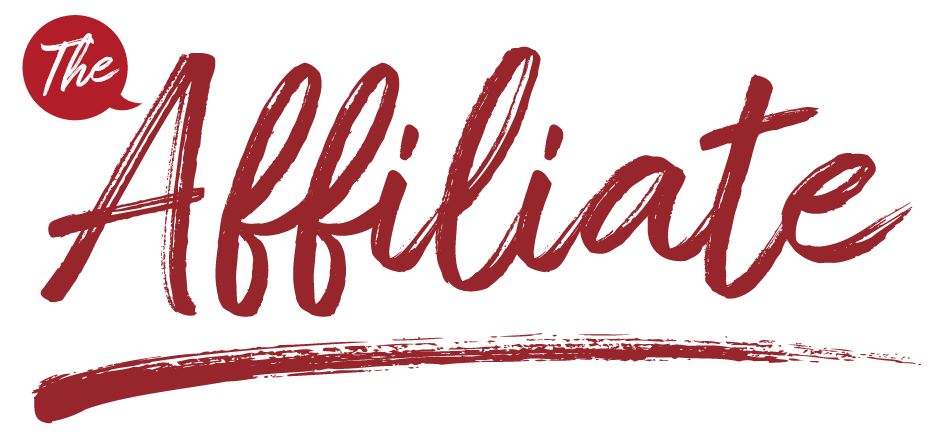The credit union movement achieved a notable legislative win when the final version of the National Defense Authorization Act (NDAA) for Fiscal Year 2020 was released without a provision that would have allowed certain banks to obtain cost waivers to operate on military installations.
Throughout 2019, this fight to preserve the credit union difference has been a major advocacy goal for CUNA, state leagues, and credit unions. Advocates have maintained that banks — which profit off servicemembers to benefit Wall Street investors — should not be granted the same rent-free access afforded to credit unions that meet certain provisions in addition to delivering the not-for-profit mission and member-owned structure to bases at home and abroad.
“By working collaboratively to remind lawmakers that the financial wellness of our servicemembers is more important than bankers’ profits, credit unions have achieved a remarkable win for our mission and structure,” said CUNA President/CEO Jim Nussle. “Our collective success in the FY 2020 National Defense Authorization Act is a defining example of what can be accomplished through credit unions’ fierce, bold 360-degree advocacy.”
In addition to regular engagement with policymakers in both chambers of Congress, CUNA launched a grassroots advocacy effort to activate credit union members as the NDAA went to conference committee to work out differences between the Senate and House version. This led to more than 2,700 messages to lawmakers.
Credit unions’ advocacy exertions were featured in two of Capitol Hill’s most-read publications, Politico and Bloomberg Government.
The League launched its own Call-to-Action and met individually with Congressman Bacon who served as member of the conference committee. The issue came also came up during a credit union roundtable with Congressman Bacon in October.
CUNA and the state leagues successfully fought against inclusion of a similar provision in last year’s NDAA.
This policy achievement is the latest this year, along with delays in the implementation of costly CECL standards, a proposed raise by regulators in remittance reporting thresholds, and the House passage the SAFE Banking Act, allowing credit unions to invest in community safety while serving certain legal cannabis businesses.


